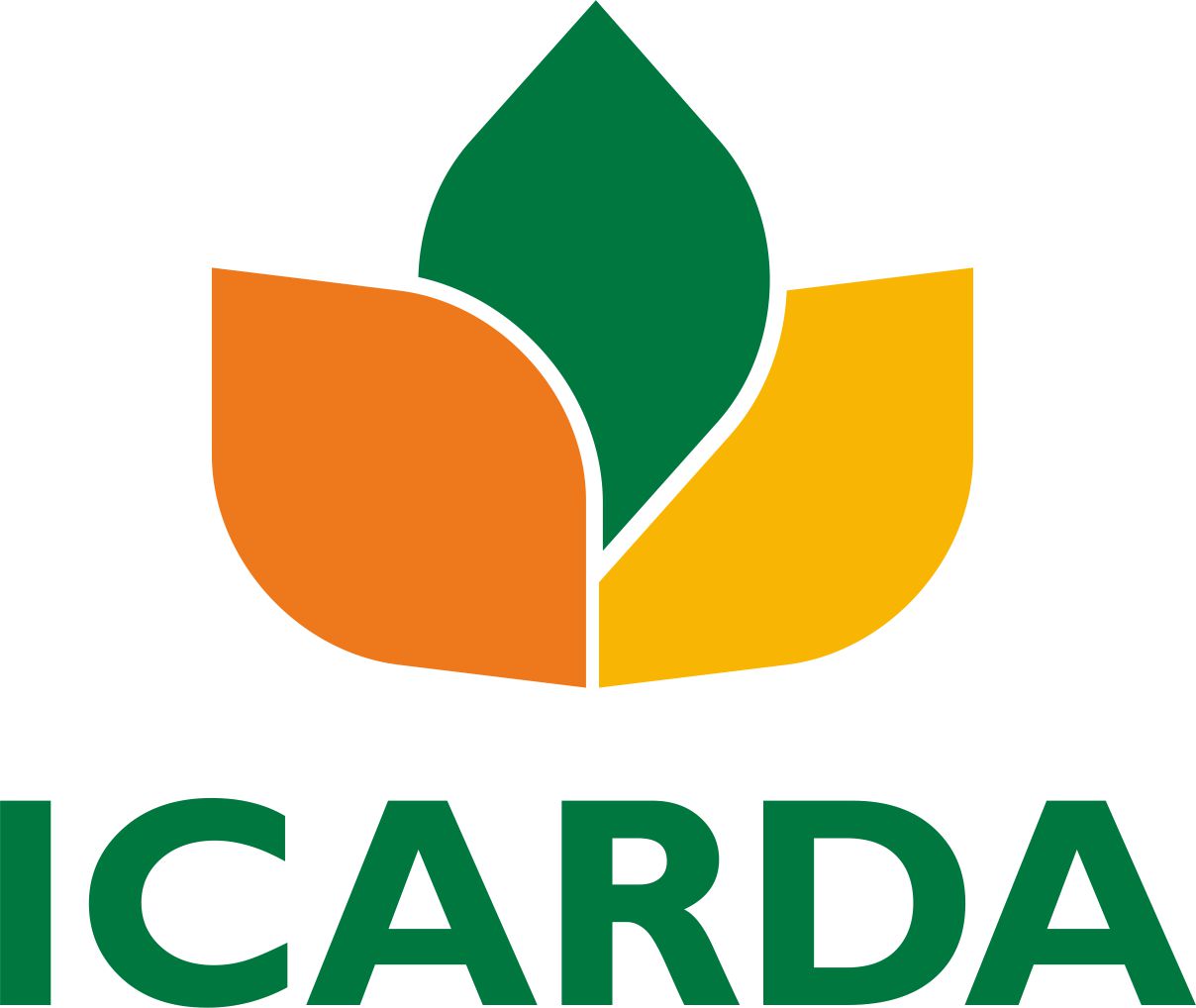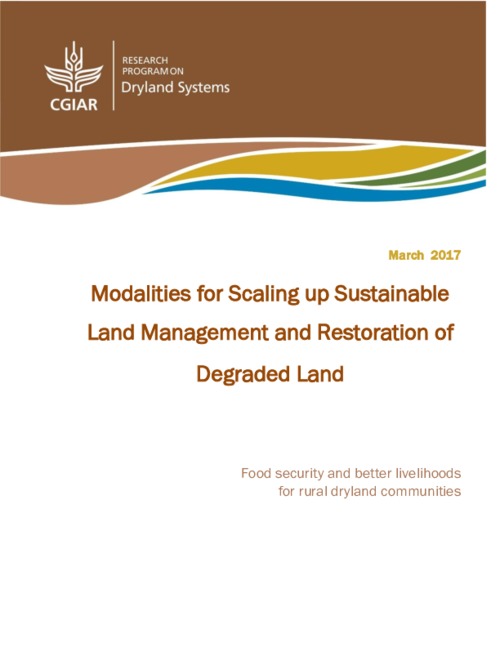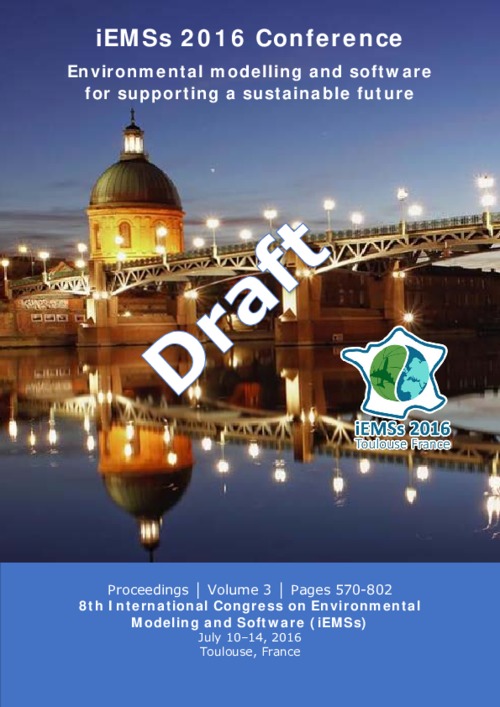Location
The International Center for Agricultural Research in the Dry Areas (ICARDA) was established in 1977. It is one of 15 such centers supported by the CGIAR. ICARDA’s founding mandate to promote agricultural development in the dry areas of developing countries remains highly relevant today.
ICARDA works with a tight focus on the problem-solving needs of resource-poor farmers, achieving this through the in-field delivery of its research outputs. Although global food production has increased by 20 per cent in the past decade, food insecurity and poverty remain widespread, while the natural resource base continues to decline.
International research centers such as ICARDA, which have helped drive previous improvements, continue to deliver new technologies to support sustainable growth in agriculture, and crucially, to work with a wide range of partners to accelerate the dissemination of these technologies.
ICARDA’s biggest strength is its staff – 600 highly skilled men and women from 32 countries. Our research and training activities cover crop improvement, water and land management, integrated crop-livestock-rangeland management, and climate change adaptation.
Other interventions include:
- Water harvesting - supplemental irrigation and water-saving irrigation techniques
- Conservation agriculture methods to reduce production costs and improve sustainability
- Diversification of production systems to high-value crops – horticulture, herbal and medicinal plants
- Integrated crop/rangeland/livestock production systems including non-traditional sources of livestock feed
- Empowerment of rural women – support and training for value-added products.
The ICARDA genebank holds over 135,000 accessions from over 110 countries: traditional varieties, improved germplasm, and a unique set of wild crop relatives. These include wheat, barley, oats and other cereals; food legumes such as faba bean, chickpea, lentil and field pea; forage crops, rangeland plants, and wild relatives of each of these species.
ICARDA’s research portfolio is part of a long-term strategic plan covering 2007 to 2016, focused on improving productivity, incomes and livelihoods among resource-poor households.
The strategy combines continuity with change – addressing current problems while expanding the focus to emerging challenges such as climate change and desertification.
We work closely with national agricultural research systems and government ministries. Over the years the Center has built a network of strong partnerships with national, regional and international institutions, universities, non-governmental organizations and ministries in the developing world and in industrialized countries with advanced research institutes.
THE ‘DRY AREAS’
Research and training activities cover the non-tropical dry areas globally, using West Asia, North Africa, Central Asia and the Caucasus as research platforms to develop, test, and scale-out new innovations and policy options.
Dry areas cover 41 per cent of the world’s land area and are home to one-third of the global population. About 16 per cent of this population lives in chronic poverty, particularly in marginal rainfed areas. The dry areas are challenged by rapid population growth, frequent droughts, high climatic variability, land degradation and desertification, and widespread poverty. The complex of relationships between these challenges has created a "Poverty Trap."
Members:
Resources
Displaying 146 - 150 of 431Modalities for Scaling up Sustainable Land Management and Restoration of Degraded Land
To tackle inter-connected global challenges of population growth and migration, climate change, biodiversity loss, and degrading land and water resources, changes in land use and management are needed at a global scale. There are hundreds of options that can improve the sustainability of land management and prevent or reverse degradation, but there are almost as many socio-cultural, institutional and policy barriers preventing their adoption at scale.
Optimal Scales of Neighbourhood Effects on Landuse Change: An Analysis Procedure Applied in an Alpine Mountainous Region
Neighbourhood effects on land use change are very common. Therefore, they are often
included in spatially explicit models of land use change and other spatial analyses. Neighbourhood
indices, however, depend strongly on the spatial extent set for calculating them. So far, most of the
existing land-use change analyses or models using neighbourhood indices assumed some predefined
neighbourhood extents without proving whether the selected extents are optimal for the analysis of the
Molecular detection and phylogenetic analyses of Toxoplasma gondii from naturally infected sheep in Northern and Central Tunisia
Development of agricultural productivity for the most important agricultural crops
The sustainable economic development considers as the most important goals sought by the society in the Arab Republic of Egypt, which contains all the strategies and plans adopted by the state. Those strategies depend on two Axis, the first one is the horizontal expansion by increasing agricultural areas and new reclaimed lands added to the area cultivated currently, and vertical expansion by increasing Hectare productivity which is considered the most important axis regarding the limited agricultural land resource.







